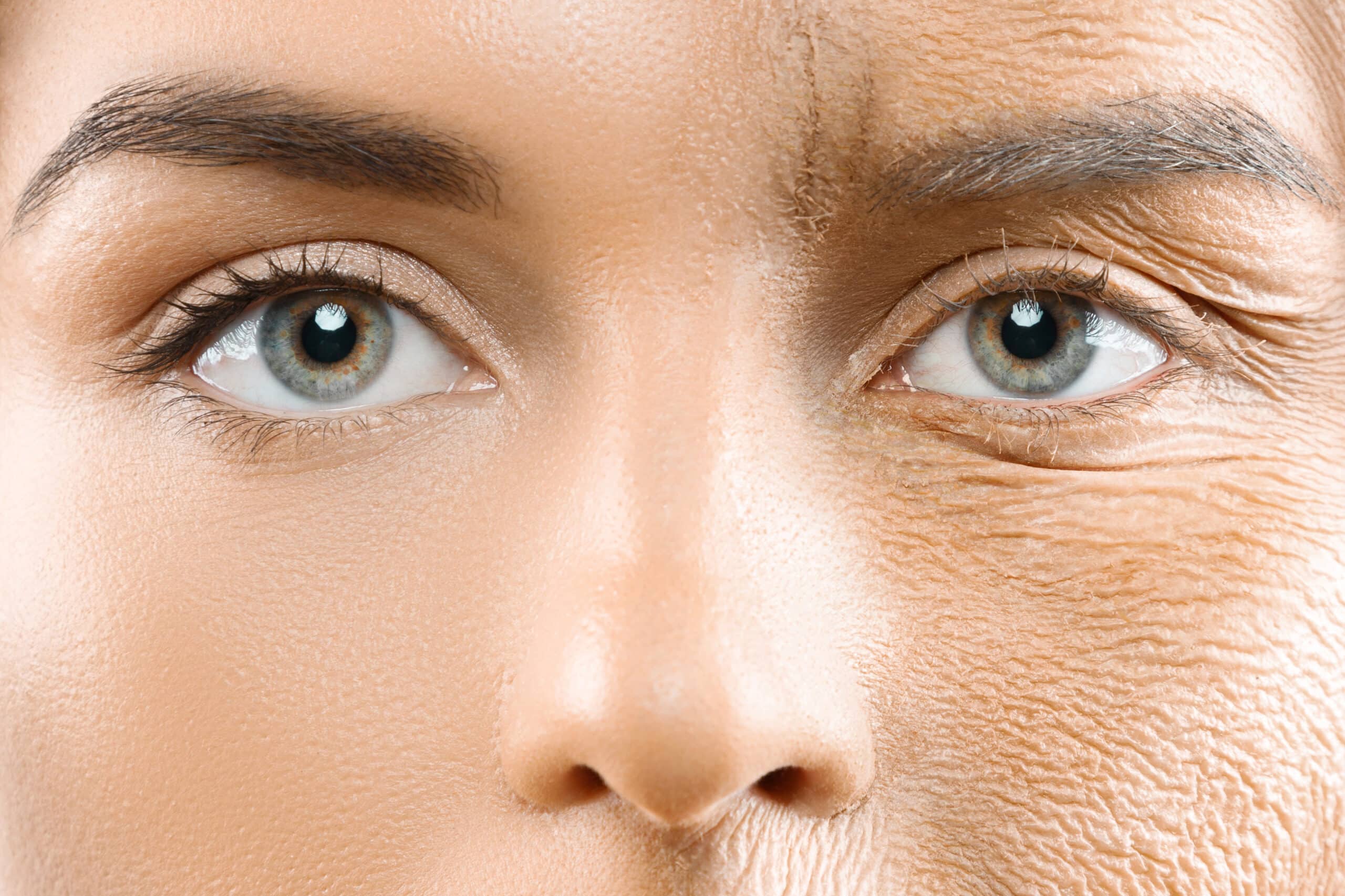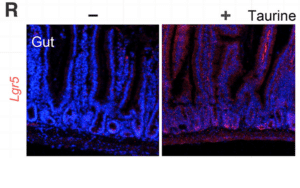
Researchers discover that increasing a naturally occurring chemical slows ageing process
Ageing is inevitable as systemic changes occur in our bodies, but the question that puzzled researchers at the Harry Perkins Institute of Medical Research was: Were some of those changes the cause of ageing or the effect, and can the ageing process be slowed down?
In a paper published in Science, Dr Ankur Sharma, researcher at Curtin University and head of the Harry Perkins Institute’s Onco-Fetal Ecosystem Laboratory, worked with an international team of researchers to reveal that the reduction that occurs in ageing of taurine is a driver of the ageing process, and that increasing taurine levels extends healthy life in animals. Taurine is a chemical that naturally occurs in our blood, and is more commonly known as an additive in energy drinks.
Dr Sharma explained his research: “Earlier studies had shown that the concentration of taurine in blood correlates with health, but it was unknown whether blood taurine concentrations affect ageing.
“To address this gap in knowledge, we measured the blood concentration of taurine during ageing and found that as taurine levels naturally decreased, the ‘hallmarks of ageing’ increased, including a decline in organ functions.”

When Taurine was administered, it resulted in rejuvenation of tissue (red dots on right) which explains how taurine improves healthy lifespan by reducing ageing.
The study also investigated the effect of increasing taurine levels on the health and length of healthy life of several species.
“When the amount of taurine was increased in pre-clinical models, the subjects’ health span, or length of healthy life, increased and they lived for longer.
“Investigations into the mechanisms through which taurine supplementation improved healthy lifespan revealed that taurine positively affected several hallmarks of ageing, including cellular senescence, DNA damage and inflammageing, ” Dr Sharma said.
Taurine is a naturally occurring chemical in our blood. It is a semi-essential micronutrient and is one of the most abundant amino acids in humans. It is widely spread throughout body tissue, is a major constituent of bile and can be found in the large intestine. Taurine accounts for up to 0.1% of total human body weight.
It has important functions in the heart and brain and helps support nerve growth. The best food sources for taurine are meat, fish, and eggs.
Dr Sharma said to test whether taurine deficiency is a driver of ageing in humans, long-term, well-controlled taurine supplementation trials that measure health and lifespan as outcomes are required.
“If there were blood-based drivers of ageing then restoring their concentration to “youthful” levels could serve as an anti-ageing intervention, but that is yet to be tested in humans,” he said.
